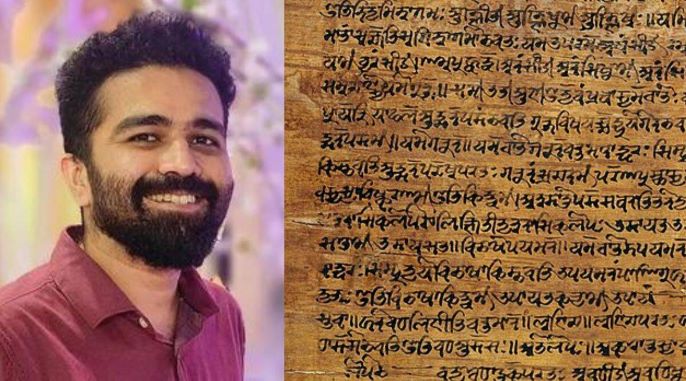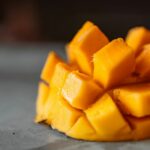Indian Student At Cambridge Solves 2,500-Year-Old Sanskrit Puzzle

A Sanskrit grammatical conundrum that has perplexed experts since the fifth century BC has finally been resolved by an Indian Ph.D. student at the University of Cambridge. According to a BBC story, 27-year-old Rishi Atul Rajpopat apparently translated a document written by the master of the ancient Sanskrit language Panini, who lived approximately two and a half thousand years ago.
Notably, Mr. Rajpopat is a PhD candidate at St. John’s College in Cambridge’s faculty of Asian and Middle Eastern Studies. The “metarule” that Panini taught, according to Independent, is traditionally understood by scholars to mean: “In the event of a dispute between two rules of equal power, the rule that occurs later in the grammar’s serial sequence wins.” But this frequently resulted in grammatically incorrect results.
Rajpopat argued that Panini intended for us to select the rule that applies to the right side of a word from those that apply to the left and right sides of a word, rejecting this conventional understanding of the metarule. He came to the conclusion that practically all of the words produced by Panini’s “language machine” were grammatically sound.
“I had a eureka moment in Cambridge. After nine months of trying to crack this problem, I was almost ready to quit, I was getting nowhere. So I closed the books for a month and just enjoyed the summer, swimming, cycling, cooking, praying, and meditating. Then, begrudgingly I went back to work, and, within minutes, as I turned the pages, these patterns started emerging, and it all started to make sense,” he told the Independent. It took him another two years to solve the problem.
Sanskrit is only spoken in India by an estimated 25,000 people out of a population of more than one billion, Cambridge University said.








